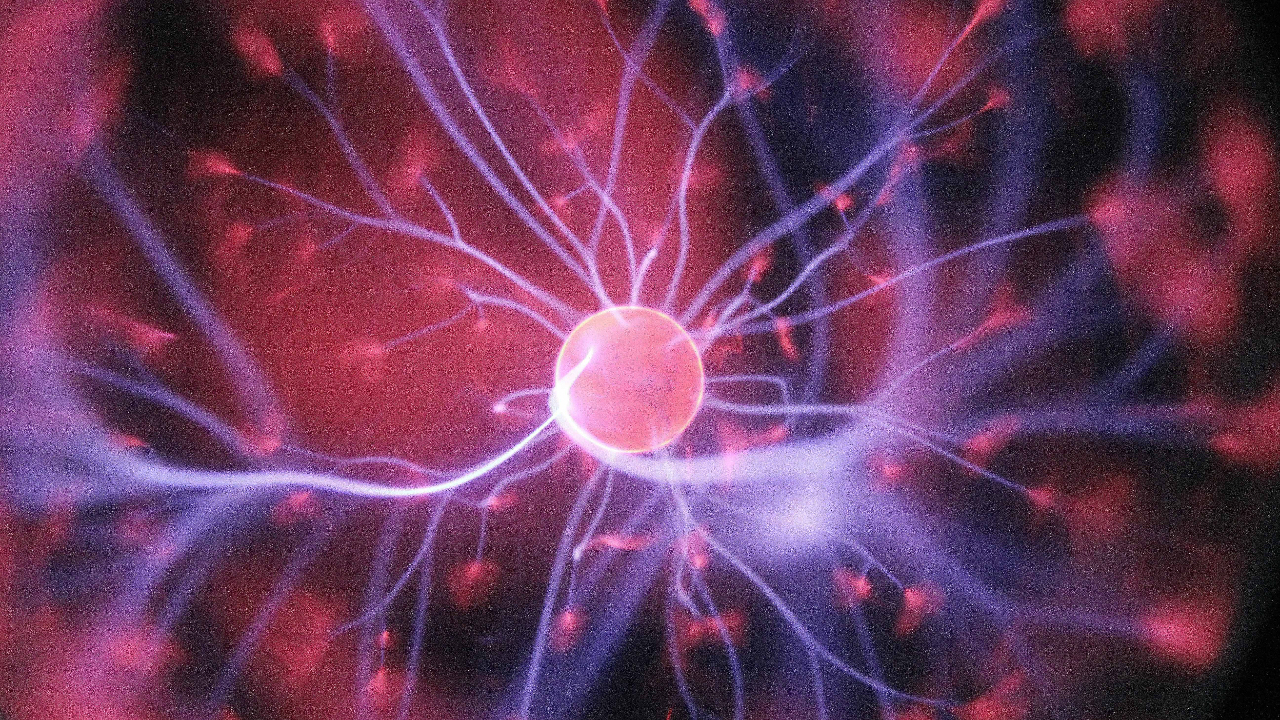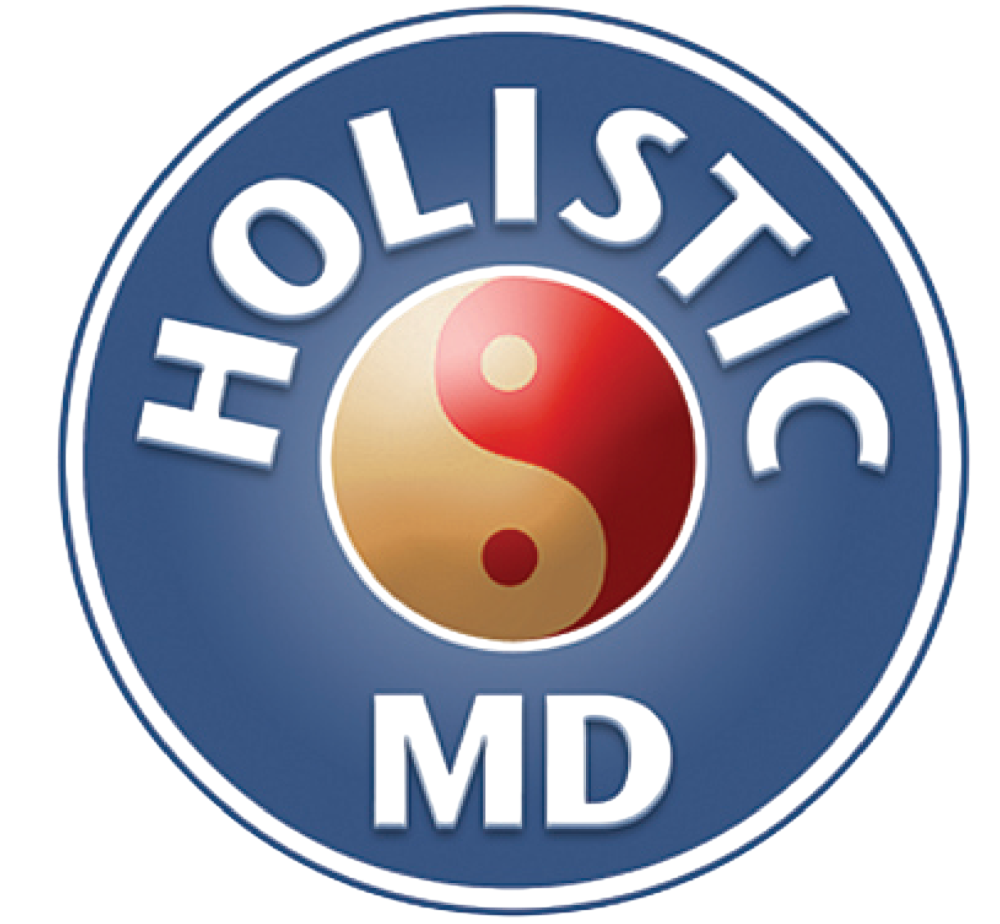Minor Auto-Hemolytic Therapy (MiAH)
Jul 11, 2025
MINOR AUTO-HEMOLYTIC THERAPY (MiAH)
A GENTLE YET POWERFUL IMMUNE MODULATION TOOL
Minor Auto-Hemolytic Therapy (MiAH) is a simple, safe, and time-tested procedure used to stimulate the body’s natural healing response. In MiAH, a small amount of the patient’s venous blood is drawn and immediately injected intramuscularly—typically into the gluteal region. This introduces a "self-signal" to the immune system, activating a systemic response that supports detoxification, immune regulation, and improved resilience.
Originally developed in Europe, MiAH has been used for decades in biological medicine and is especially helpful in treating chronic inflammatory, autoimmune, allergic, and infectious conditions. It is based on the principle of autologous immunomodulation—using the body's own cells as a subtle messenger to restore balance in immune and autonomic function.
Common indications include:
- Chronic fatigue and low immunity
- Autoimmune disorders (e.g., Hashimoto’s thyroiditis, lupus)
- Chronic infections (e.g., Epstein-Barr virus, Lyme disease)
- Allergies and asthma
- Skin conditions (e.g., eczema, psoriasis)
- Dysregulation of the autonomic nervous system
WHY IT WORKS
MiAH creates a paradoxical, controlled challenge to the immune system using the patient’s own blood. The body "recognizes" this reinjected blood as a signal that something is out of balance and responds with increased regulatory activity. In neural therapy and integrative medicine, this method is seen as a form of biologically intelligent feedback—tapping into the body’s innate capacity to heal.
MiAH IN PSYCHIATRY
Two studies published in the early 1950s by physicians at the Ohio State Psychiatric Hospital explored MiAH’s use in psychiatry. Severely impaired patients diagnosed with psychosis, schizophrenia, depression, manic-depression, and related disorders were treated with MiAH once a week for up to six months. In these studies, 70–78% of patients showed significant improvement and were discharged from the hospital. No significant side effects were reported.
In one of the studies, a control group of 10 patients with similar diagnoses received weekly intramuscular injections of normal saline. None of the patients in the control group improved. These early results, though preliminary by today’s standards, suggest that MiAH may have an underappreciated role in regulating immune-brain communication in severe psychiatric illness.
MiAH IN OUR CLINIC
At our clinic, we frequently combine MiAH with procaine and administer the solution into interference field points, enhancing its regulatory effect on the autonomic nervous system. This integrative approach is part of our broader commitment to identifying and resolving hidden sources of chronic inflammation and emotional trauma.

